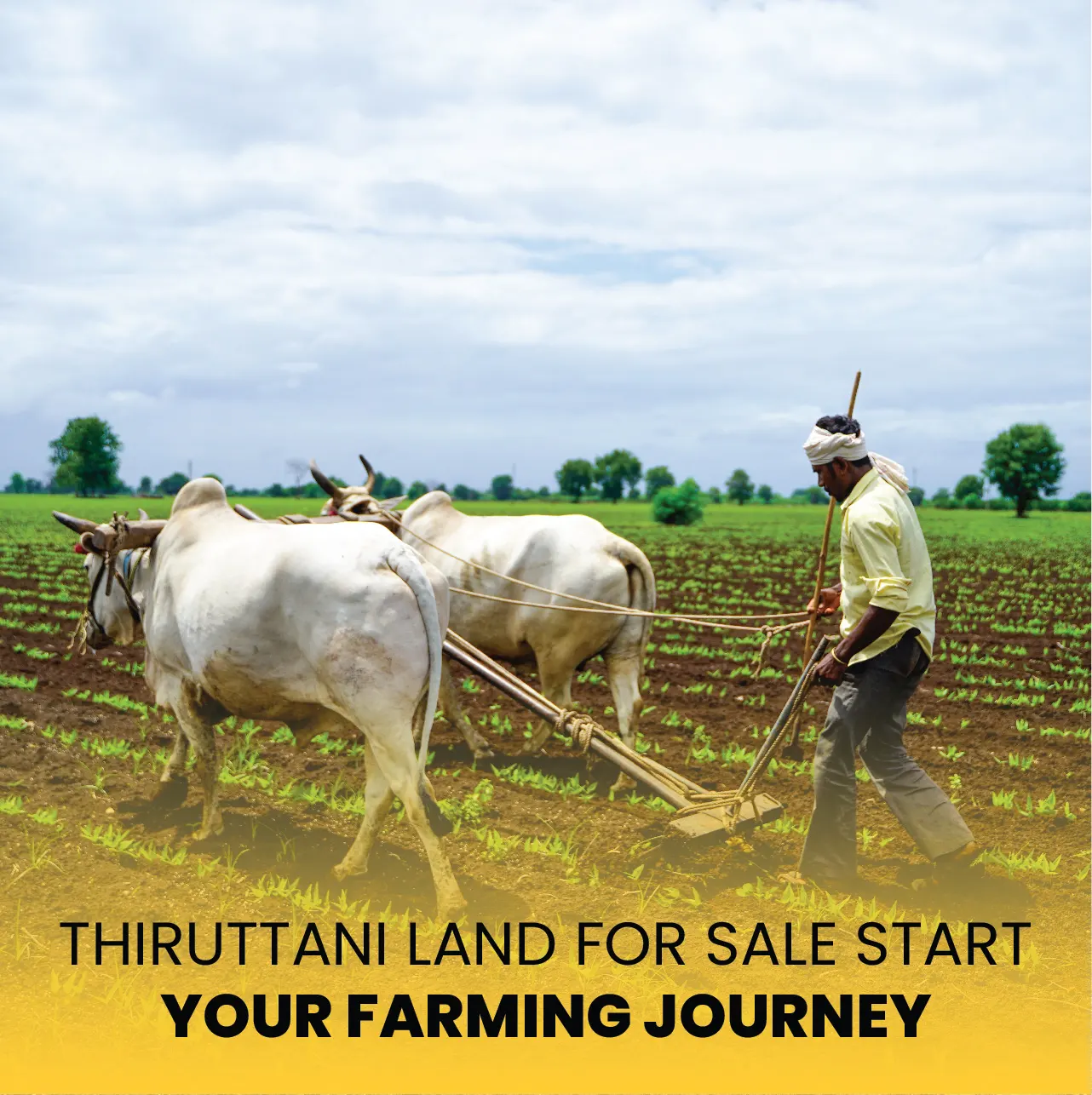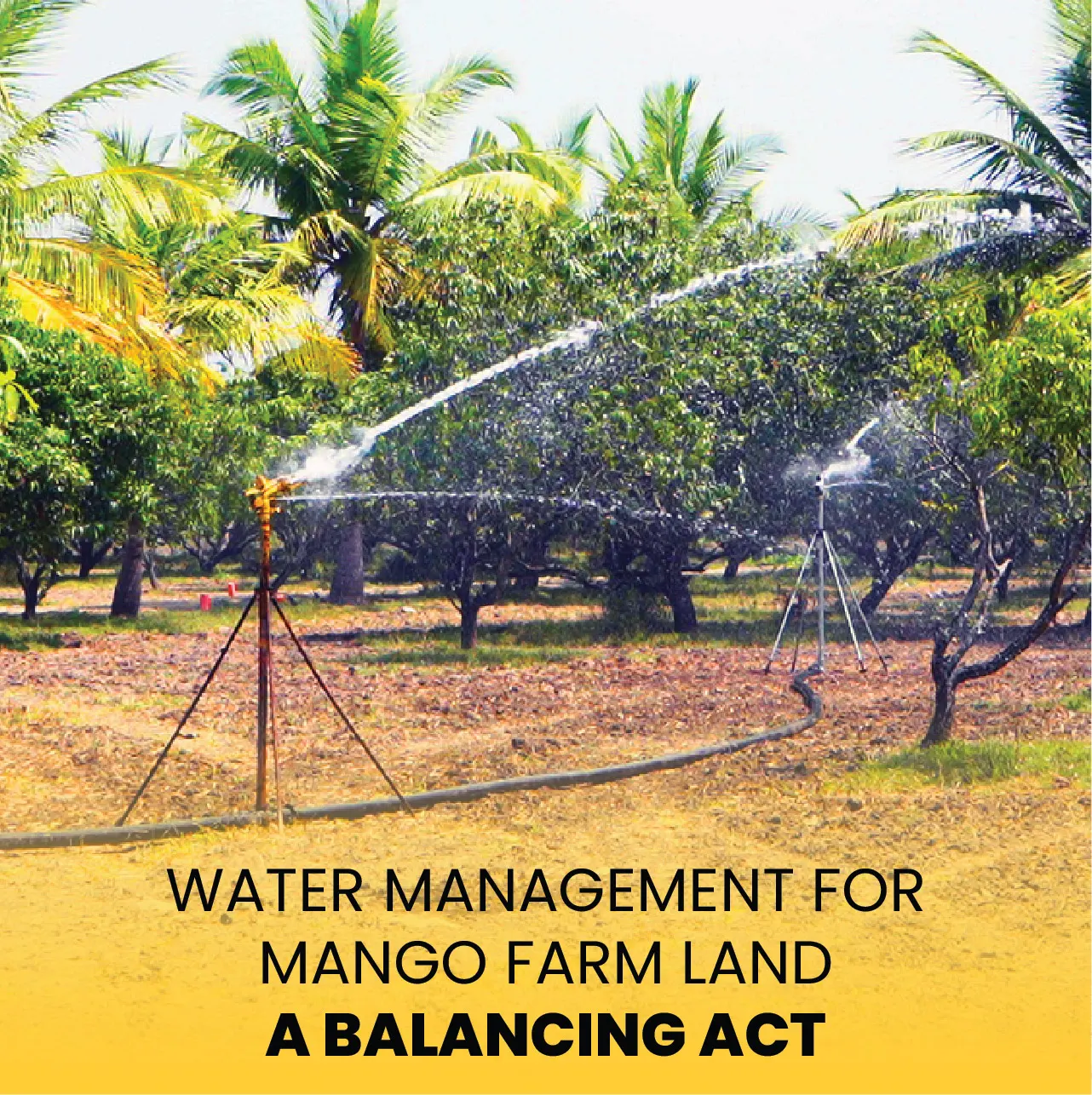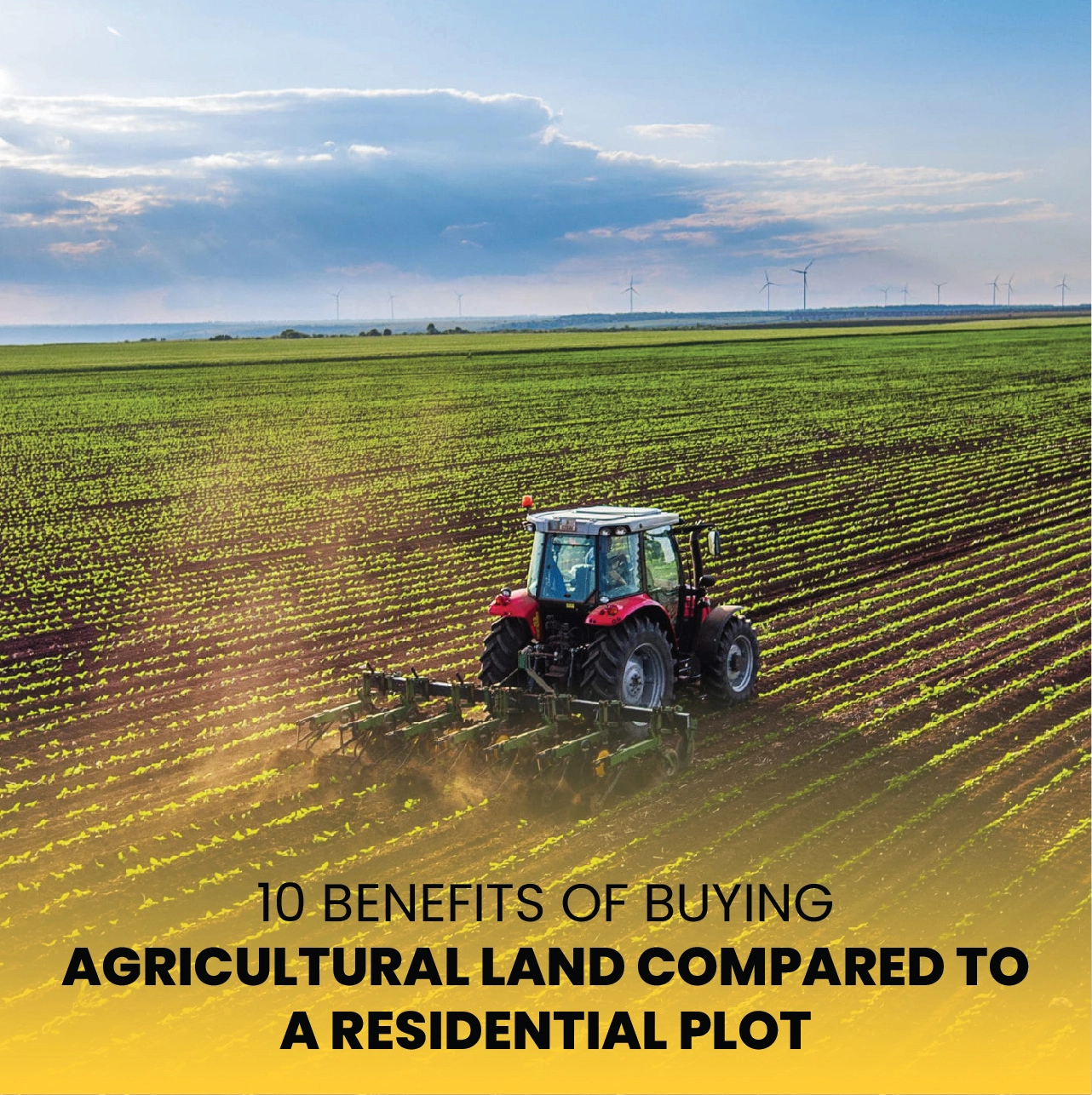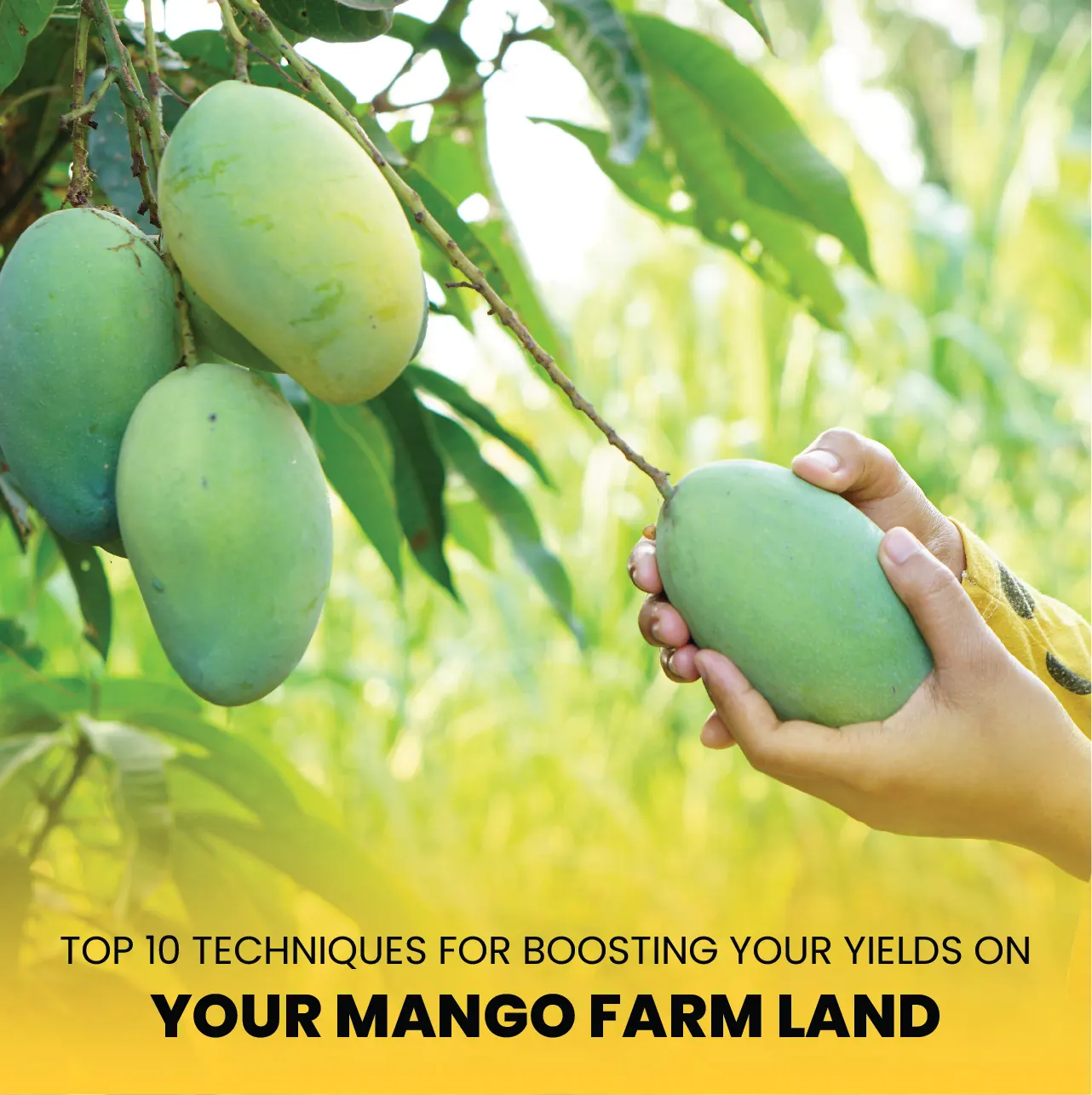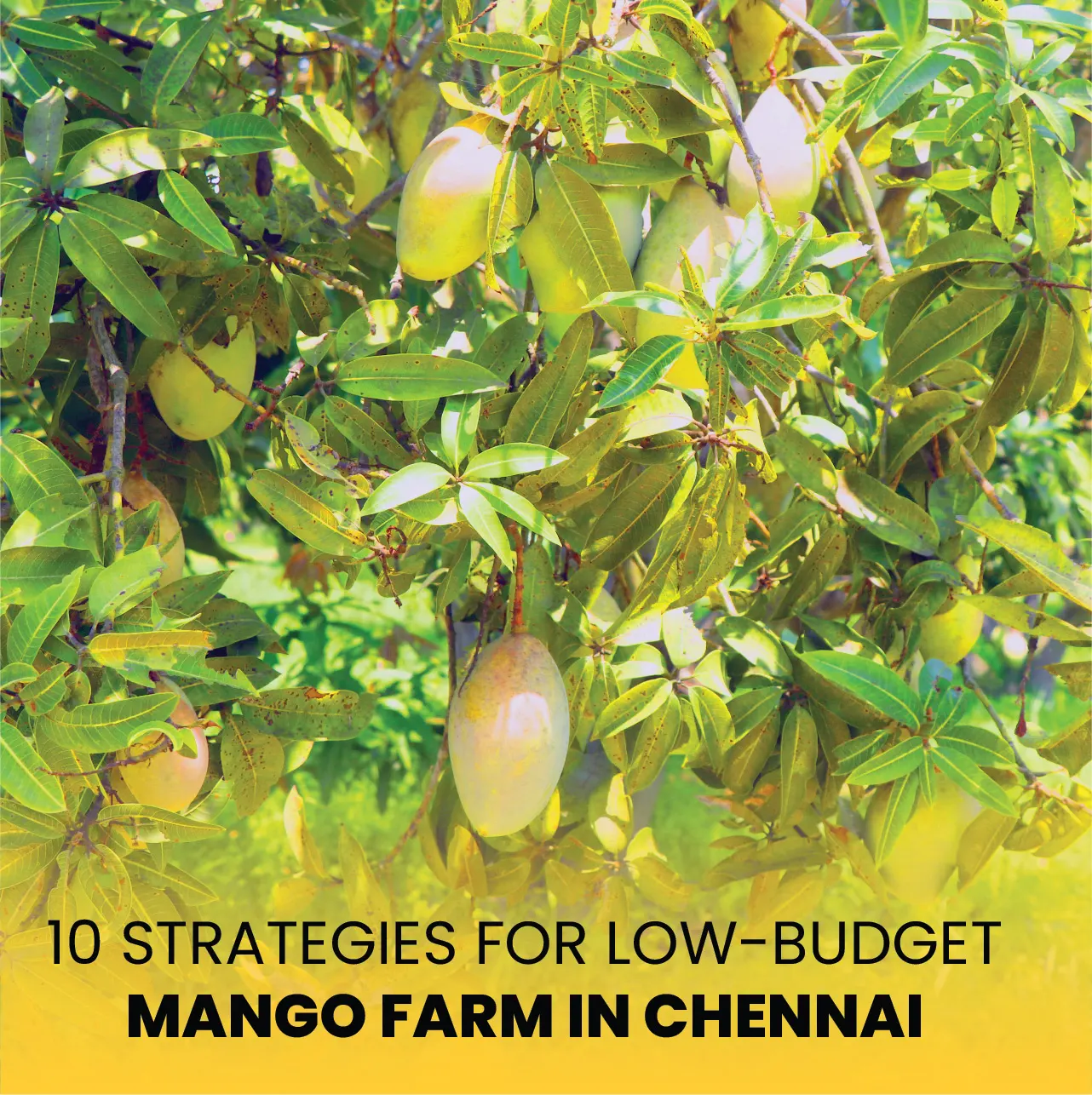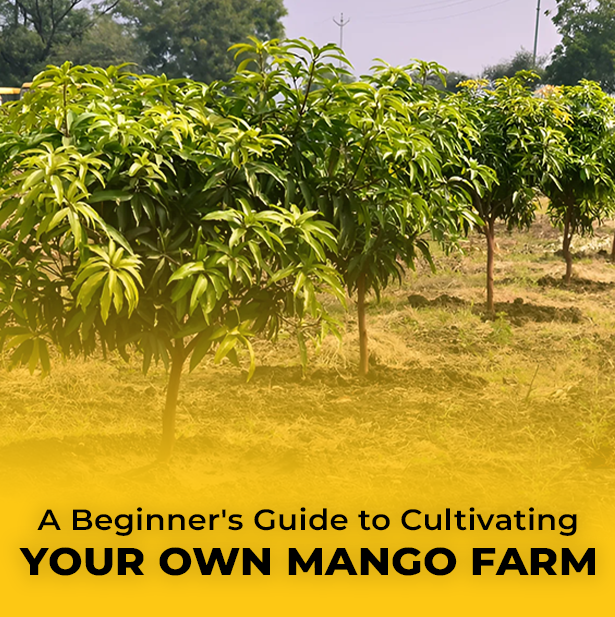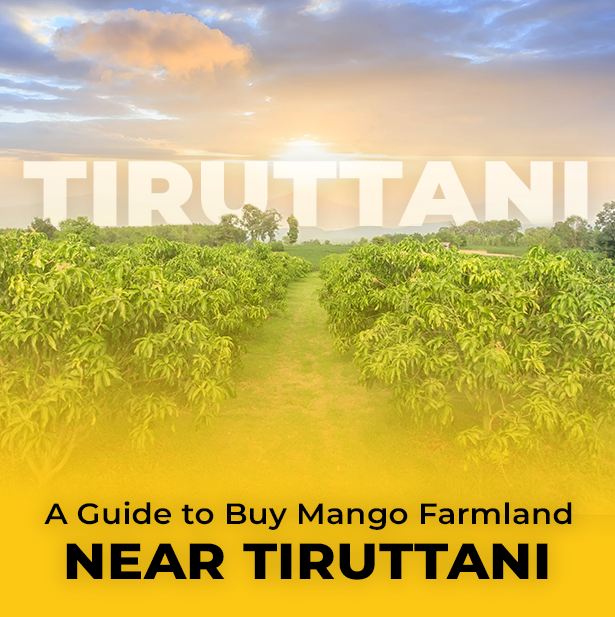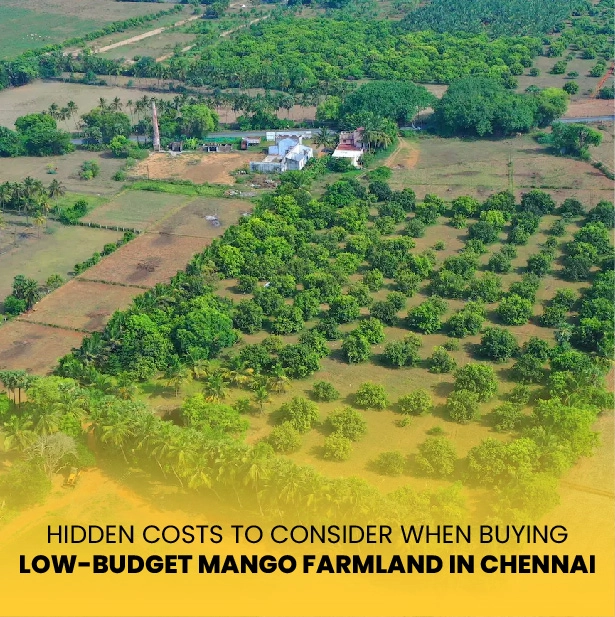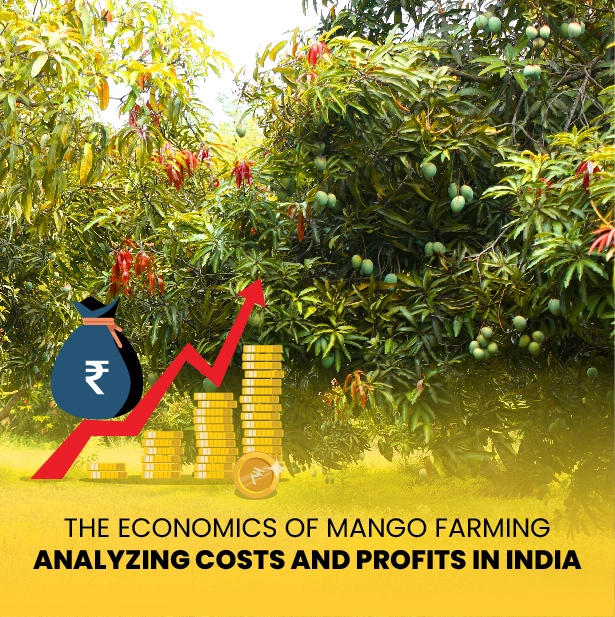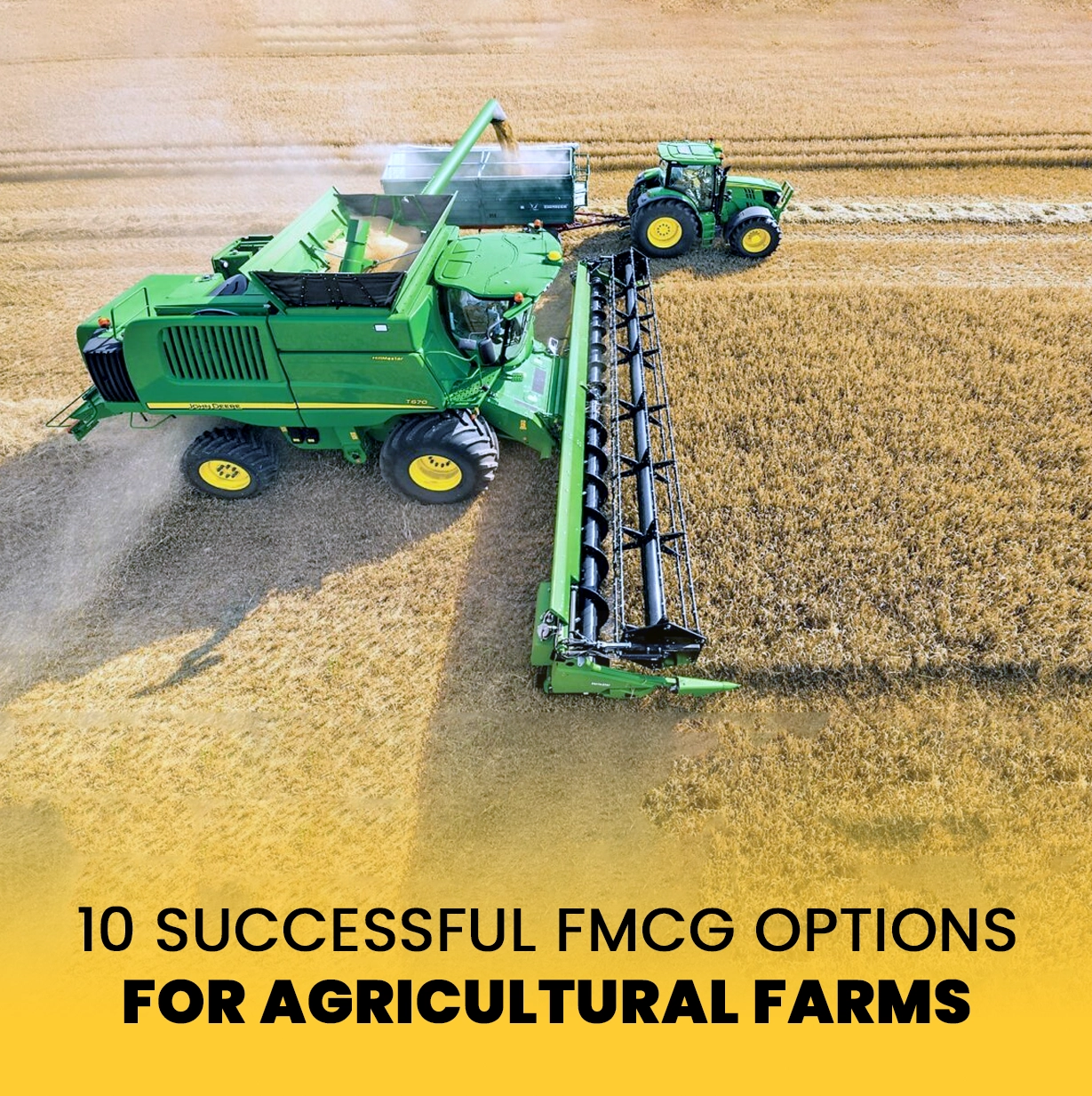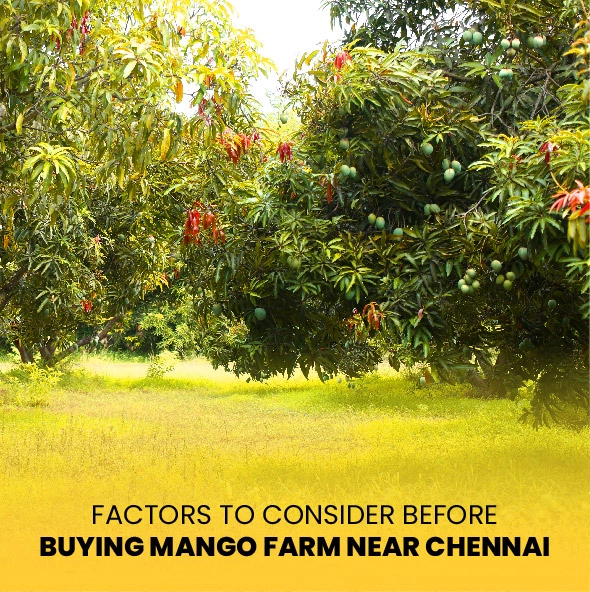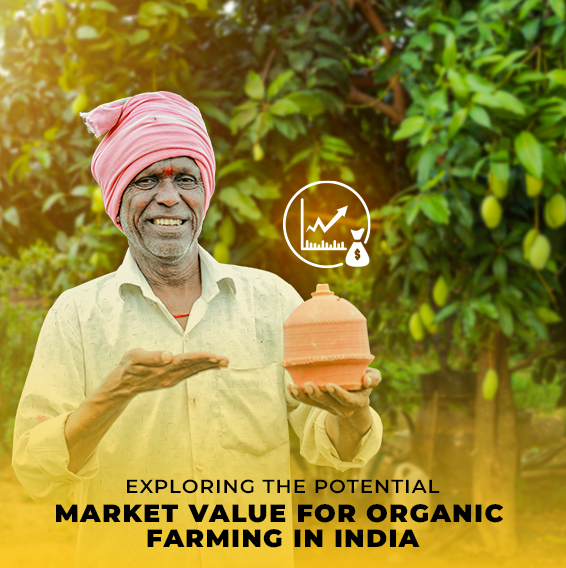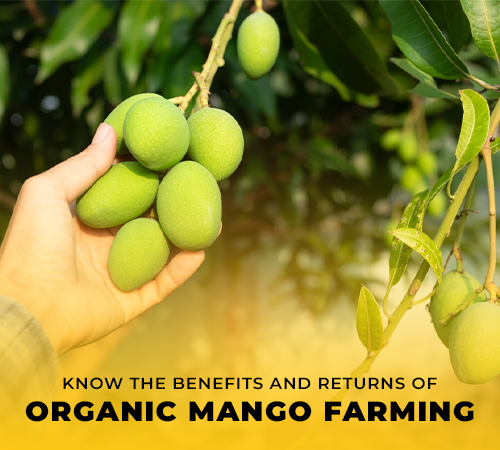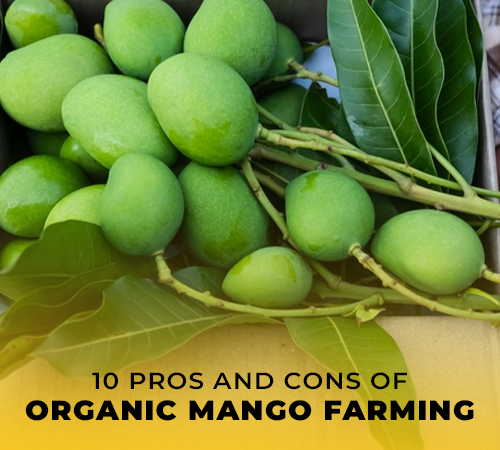Mangoes are a popular sweet and juicy fruit all over. From delectable desserts to reviving drinks, mangoes are rather important to our gastronomic pleasures. However, the workers who grow these fruits face numerous challenges on their journey from the orchards to our homes. This blog explores the sometimes disregarded reality of mango farming, stressing the labor conditions, methods, and human costs involved in growing these rather popular fruits.

Mango farming is a difficult and labor-intensive activity, especially in areas like Tamil Nadu, India, where the soil and temperature are suitable for mango farming. To the uninitiated, mango farm land, with its rich green trees and sweet-smelling fruits, appears to be a paradise. Underneath this perfect façade, though, is a world of diligence and dedication that many customers are blind to. From farm to table, a mango's path is one of careful preparation, lots of work, and often difficult working conditions.
Although few people know of the difficult conditions under which mangoes are grown, their sweet, rich taste is much acclaimed. To get these fruits on our plates, the workers on mango farmland put in exhausting hours and difficult circumstances behind the scenes.
Officials in Thiruvallur have delayed responding to a tip-off regarding bonded laborers on a mango plantation. When they at last looked, they discovered three families, including children, working long hours under difficult circumstances. Many laborers, unable to escape the exhausting work and inadequate living conditions, found themselves trapped in a cycle of debt and exploitation. This is not unusual; bad harvests attributed to the December flood have pushed orchard owners like L. Sarvanan in Krishnagiri, the biggest mango-producing area in Tamil Nadu, to boost output, thereby aggravating labor conditions. These farmers' financial demands often result in even more stringent and demanding conditions for their workers, driven by their physical and psychological limitations.
The delay in handling the tip-off concerning bonded laborers exposes a more general problem with systematic neglect and poor labor law enforcement. Though laws designed to safeguard workers exist, reality on the ground sometimes falls short. Many workers discover themselves in unstable circumstances with no access to official help or justice. Officials' delayed involvement simply helps to keep the cycle of exploitation and suffering running strong.
Mango farming, beginning in August and working through harvest and packaging, is a labor-intensive operation. Pruning is included. Common techniques aimed at satisfying market needs are early picking and the use of dangerous chemicals like calcium carbide for fast ripening. With women working in packaging and men conducting post-harvest operations, packaging is absolutely vital in preventing fruit damage. Hazards plague the path to markets, thereby lowering the market value of mangoes. Often stretching the working hours well into the night, the precise balance needed in handling and packaging to guarantee that the fruits remain unharmed calls for both accuracy and patience.
Beginning in August, the pruning season is vital for mango tree health and output. To guarantee a strong harvest and encourage fresh development, laborers must carefully cut the branches. This work necessitates a high level of knowledge and ability, as poor trimming may damage the trees and lower their output. Though vital, this phase of mango production is often overlooked because laborers there receive little pay or credit for their knowledge.
Harvesting, which typically begins in April, is another physically demanding task that requires precise planning and effort. Harvesting mangoes precisely at the right moment ensures the best ripeness and taste. To pick the fruits and get them to packing facilities, laborers put in long hours, often in stifling heat. Artificial ripening with calcium carbide is a controversial technique that compromises consumer health and worker safety. Many nations prohibit the use of this substance due to its potential to cause neurological and respiratory issues. Some plantation operators, however, turn to this dangerous chemical in response to pressure to satisfy market needs and produce ripe mangoes quickly.
It’s often that seasonal laborers from other fields must put in long hours under difficult conditions. R. Parthiban, a rescued laborer, shared his experience of working 17-hour days, which prevented his children from attending school. Often paid meager salaries, these workers live in inadequate conditions and have limited access to healthcare or education. Many workers caught in poverty and exploitation for years find it impossible to break out of their circle. Such constant effort has a great psychological and physical toll, resulting in chronic health problems and a general feeling of despondency among the employees. Though they are essential for the mango supply chain, these laborers frequently remain underprivileged and underappreciated, hardly seeing the advantages of their labor.
The tales of workers like Parthiban draw attention to the extreme discrepancy between their pay and the value of the mangoes they help grow. Having to borrow money at outrageous rates to cover their basic requirements traps many workers in a debt cycle. Their health and well-being suffer greatly from this financial load, as well as from the physical demands of their employment. Children of workers can miss out on education, extending the poverty cycle and restricting their future prospects.
Although mangoes make many people happy, it's crucial to recognize and help those who grow them deal with difficult realities. Improved labor conditions and guarantees of fair treatment for all workers depend on more knowledge and action. Consumers can significantly help bring about change by supporting fair trade policies and demanding more ethical mango procurement. Knowing the path mangoes take from the farm to the table helps us to value the work of those who labor in often difficult conditions in the fields to produce this cherished fruit. A more fair and sustainable mango farming sector requires combined efforts among consumers, legislators, and business leaders.
Choosing fair trade and ethically produced mangoes lets consumers help change things. These decisions can help guarantee that workers work in safe surroundings and get fair pay. Furthermore, bringing attention to the situation of mango farm workers can inspire more responsibility among governments and business leaders to apply and enforce labor rights. Promoting structural improvements will help produce a more fair and compassionate agriculture system.
M/S Holidays Mango Farms Chennai provides the best mango farmland in Chennai for individuals who would like to own a bit of this agricultural legacy. Our territories feature fully developed mango trees, just ready for a bumper crop. Our mango farm land for sale, Investing in mango farms in Chennai not only guarantees mouth-watering fruits, but it also helps local farmers and advances environmentally friendly farming methods.
Our mango farms provide ideal circumstances for mango growing since they are in the center of Tamil Nadu's rich territory. Our first priority is sustainable agricultural methods, ensuring that they are socially and ecologically benign. Buying mango farmland from us is not only a wise investment, but it also benefits the environment and the welfare of agricultural laborers.
